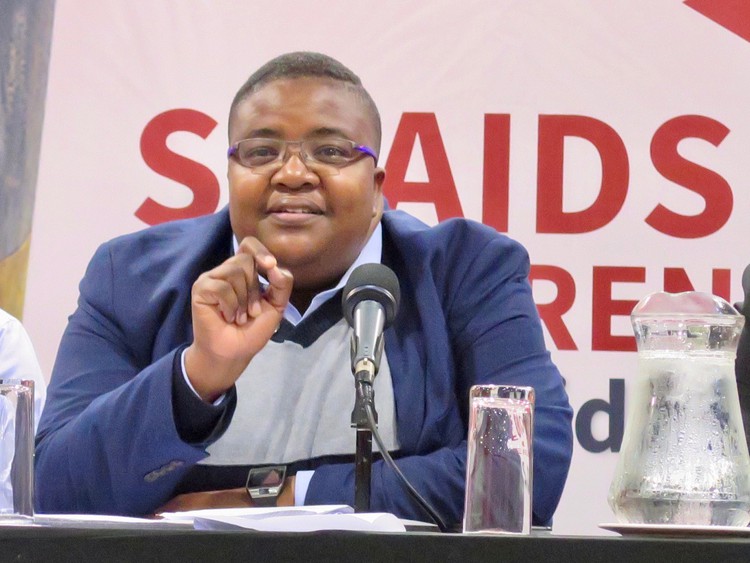Aids Council responds to corruption allegations
Civil society organisations called “malicious”
The South African National Aids Council (SANAC) has rejected claims of corruption and a lack of confidence in the council.
On Thursday at a media briefing at the South African National AIDS Conference, SANAC civil society leaders responded to a statement signed by five civil society organisations which alleged that SANAC has a “crisis of governance and legitimacy”.
The organisations also said that the National Strategic Plan (NSP) for HIV and TB for 2017 to 2022 had various omissions and had failed to provide “much-needed direction and leadership”.
SANAC guides and coordinates the writing of the NSP.
The organisations are the Treatment Action Campaign (TAC), SECTION27, Legal Resources Centre (LRC), Masithandane End-Hate Crimes Collective and the Rural Health Advocacy Project (RHAP).
Co-chairperson of SANAC’s civil society forum Mabalane Mfundisi said the NSP was a “perfect imperfection”. He said it was a “culmination of many different voices” and that all these voices were reflected in the NSP.
If anyone wanted to question the legitimacy or the makeup of SANAC, Mfundisi said they should go to the IEC as it ran the election process.
Chairperson of SANAC’s National Civil Society Forum, Mmapaseka Steve Letsike, said that “due processes” were followed. She said that the “root cause of the problem was about the power of resources” and that members of the civil society organisations are “malicious” and “violate each other”.
“Today, we say this must come to an end.”
Referring to allegations that she was involved in corruption at SANAC, Letsike said “bring the evidence”.
“Tell me where I have at all been corrupt in SANAC. If you can’t bring that evidence, stop abusing us,” she said.
Regarding an amount of R240,000 allocated to the office of deputy chair of SANAC (a position that Letsike also holds), Letsike said that this money was used to pay for things such as refreshments and administration. She did not receive this money, said Letsike, as her position was voluntary.
She was also questioned about not signing a declaration of her interests. Letsike said that she had delayed signing the declaration because she had unanswered questions regarding it, but that she has since signed it.
Mbulelo Dyasi, the secretary general of the Men’s Sector at SANAC, also questioned where and on what was money spent in the AIDS sector. He called on Parliament and the public protector to assist them as they “must investigate the entire AIDS sector”.
“Who is funded and where is that money going to?” asked Dyasi. “They must tell us why only four white organisations are funded in South Africa, yet AIDS is black.”
Jacqueline Bodibe, part of the Global Fund Coordinating Mechanism, alleged that a sex worker had been intimidated out of participating in the media briefing by an organisation that was “supposed to be protecting workers”. It is unclear which organisation she was referring to.
The leader of the Women’s Sector at SANAC Khanyisa Dunjwa said: “The activism space is becoming a space of the privileged. [We] see ourselves fighting the different levels of the privilege.”
She claimed that some people in the organisations that made the allegations against the council didn’t even know about the statement’s existence until it was signed.
Next: Police defend controversial protest law in court
Previous: Sex workers demonstrate during Cyril Ramaphosa’s speech
© 2017 GroundUp. 
This article is licensed under a Creative Commons Attribution-NoDerivatives 4.0 International License.
You may republish this article, so long as you credit the authors and GroundUp, and do not change the text. Please include a link back to the original article.



